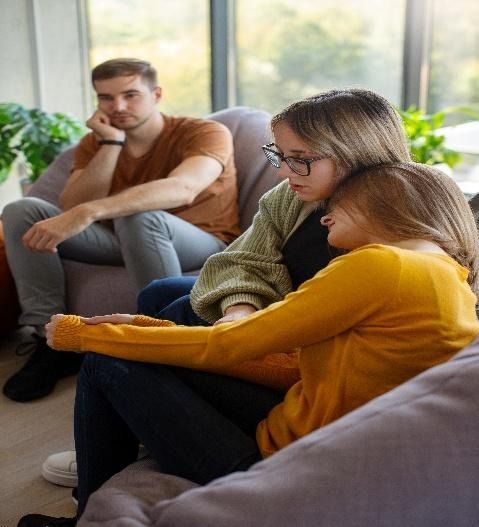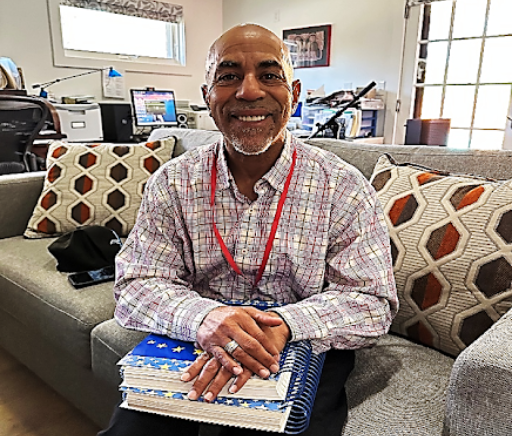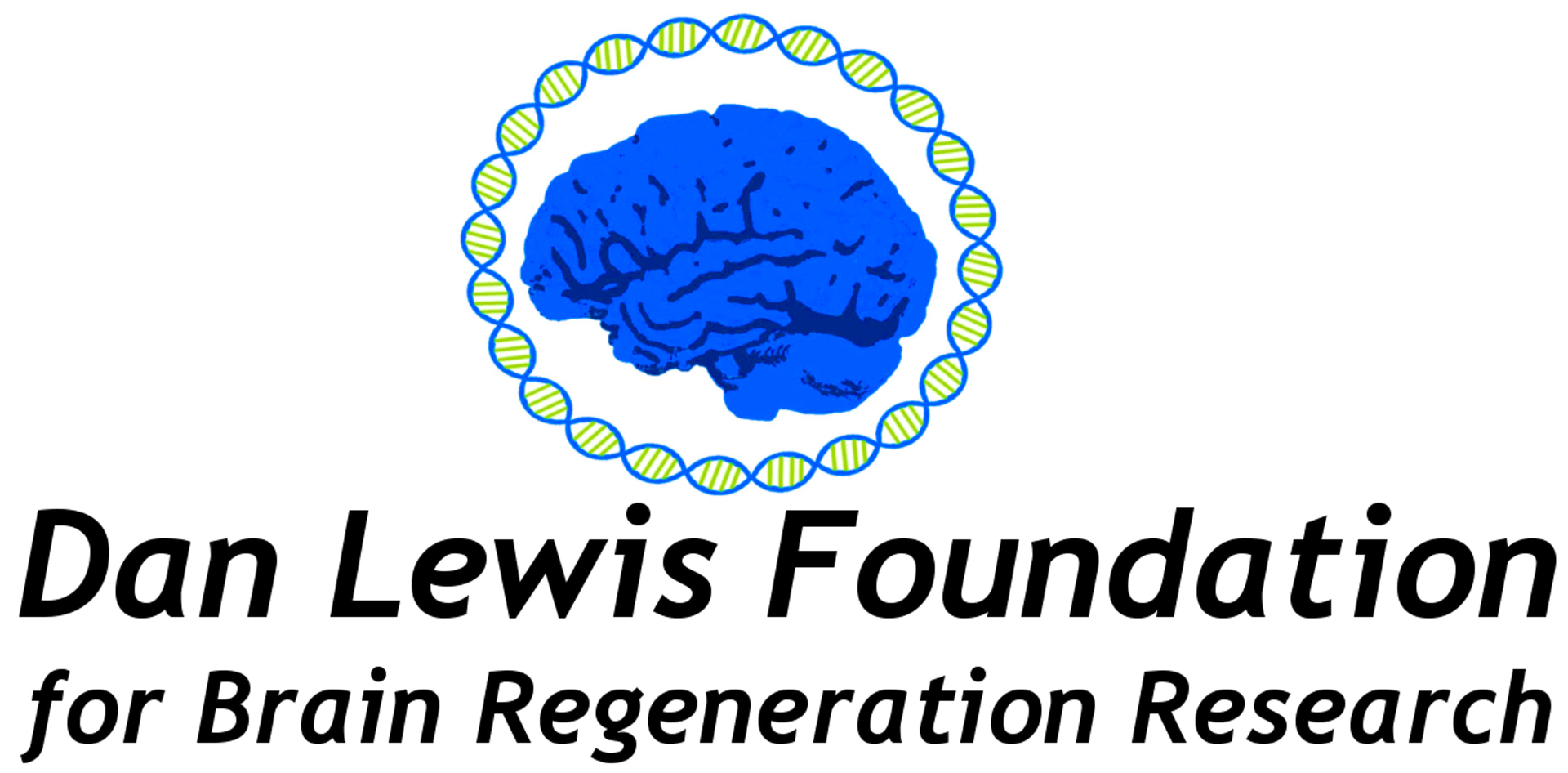As Co-Chairs of the Dan Lewis Foundation for Brain Regeneration Research (the DLF), we are pleased to introduce you to the DLF’s first quarterly newsletter—Making Headway: DLF NeuroConnections. This newsletter will bring reviews and updates on research relevant to brain regeneration. Each issue will highlight a prominent neuroscientist contributing to the field of brain regeneration or a research program advancing medicines and methods to accelerate recovery from brain injury, especially for those in the chronic phase of recovery. In this inaugural issue, we will present the story of Dan Lewis, the namesake, and inspiration for our research foundation. You will also find a link that will take you directly to our website, which provides detailed information about the goals and methods of the DLF. In the coming months we will be adding information regarding resources and events that may be helpful for individuals with serious brain injuries and their families.
The overarching goal of the DLF is to pursue biomedical breakthroughs that will one day improve the lives of those affected by serious brain injury. We aspire to make a broad range of biomolecular medicines and other biomedical therapies available to the vast population of people with moderate and severe brain injuries. We will continue to raise funds and direct such funds toward the most promising and empirically supported biomedical therapeutics. In addition, by supporting programmatic research, the foundation aspires to expedite clinical trials - joint efforts between research institutions, biotech companies, and individuals with brain injuries and their families. The DLF is eager to stay in touch with the needs and aspirations of the brain injury community and its allies. Please visit our website. You will find much more detailed information about the DLF’s objectives and activities and ways you can contact us with questions and/or comments.
You have our sincere thanks for your interest in the DLF and your curiosity about the most cutting-edge approaches to brain regeneration and improving recovery rate and function of persons with serious brain injuries.
With best regards and hopeful wishes for the future,
David Margulies, M.D,
Hal C. Lewis Ph.D.


